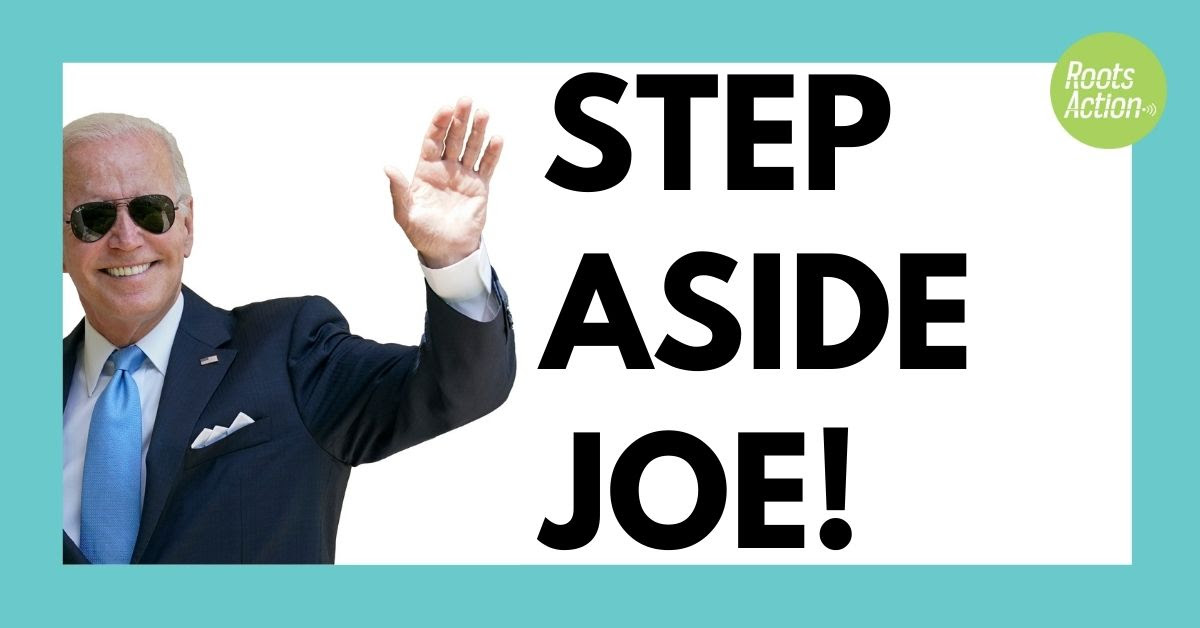Don’t Start Another Cold War.
The unprecedented global challenges that the United States faces today—climate change, pandemics, nuclear proliferation, massive economic inequality, terrorism, corruption, authoritarianism—are shared global challenges. They cannot be solved by any one country acting alone. They require increased international cooperation—including with China, the most populous country on earth.
It is distressing and dangerous, therefore, that a fast-growing consensus is emerging in Washington that views the U.S.-Chinese relationship as a zero-sum economic and military struggle. The prevalence of this view will create a political environment in which the cooperation that the world desperately needs will be increasingly difficult to achieve.
It is quite remarkable how quickly conventional wisdom on this issue has changed. Just over two decades ago, in September 2000, corporate America and the leadership of both political parties strongly supported granting China “permanent normal trade relations” status, or PNTR. At that time, the U.S. Chamber of Commerce, the National Association of Manufacturers, the corporate media, and virtually every establishment foreign policy pundit in Washington insisted that PNTR was necessary to keep U.S. companies competitive by giving them access to China’s growing market, and that the liberalization of China’s economy would be accompanied by the liberalization of China’s government with regard to democracy and human rights.
This position was seen as obviously and unassailably correct. Granting PNTR, the economist Nicholas Lardy of the centrist Brookings Institution argued in the spring of 2000, would “provide an important boost to China’s leadership, that is taking significant economic and political risks in order to meet the demands of the international community for substantial additional economic reforms.” The denial of PNTR, on the other hand, “would mean that U.S. companies would not benefit from the most important commitments China has made to become a member” of the World Trade Organization (WTO). Writing around the same time, the political scientist Norman Ornstein of the conservative American Enterprise Institute put it more bluntly. “American trade with China is a good thing, for America and for the expansion of freedom in China,” he asserted. “That seems, or should seem, obvious.”
Well, it wasn’t obvious to me, which is why I helped lead the opposition to that disastrous trade agreement. What I knew then, and what many working people knew, was that allowing American companies to move to China and hire workers there at starvation wages would spur a race to the bottom, resulting in the loss of good-paying union jobs in the United States and lower wages for American workers. And that’s exactly what happened. In the roughly two decades that followed, around two million American jobs were lost, more than 40,000 factories shut down, and American workers experienced wage stagnation—even while corporations made billions and executives were richly rewarded. In 2016, Donald Trump won the presidential election in part by campaigning against U.S. trade policies, tapping into the real economic struggles of many voters with his phony and divisive populism.
Meanwhile, needless to say, freedom, democracy, and human rights in China have not expanded. They have been severely curtailed as China has moved in a more authoritarian direction, and China has become increasingly aggressive on the global stage. The pendulum of conventional wisdom in Washington has now swung from being far too optimistic about the opportunities presented by unfettered trade with China to being far too hawkish about the threats posed by the richer, stronger, more authoritarian China that has been one result of that increased trade.
Read the rest at Foreign Affairs.










